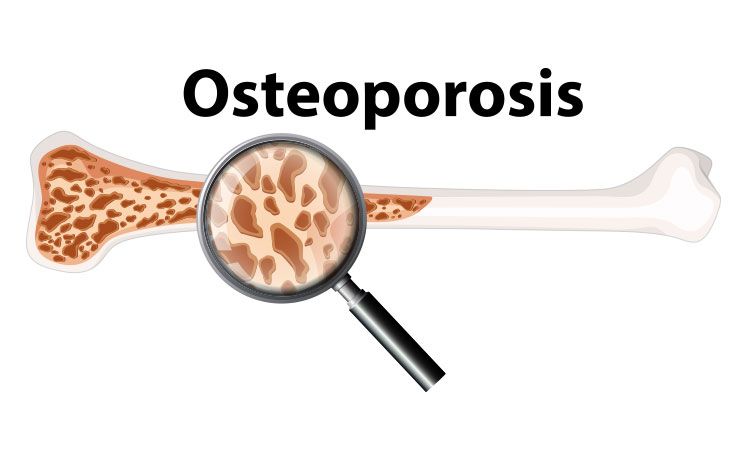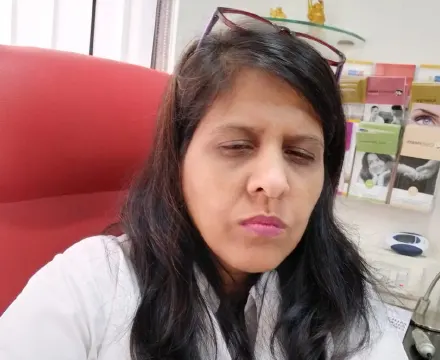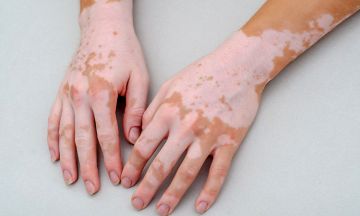Osteoporosis is not always inherited. Know the causes and the symptoms.
Do you think that osteoporosis is always inherited? Well, you should definitely know about its causes and symptoms. Read on to know more.
Overview
Osteoporosis occurs when the creation of new bone does not keep up with the loss of old bone. Osteoporosis causes bones to become fragile and delicate — so delicate that a fall or even mild stresses such as bending over or coughing can cause a fracture.
Osteoporosis causes
A number of factors can affect bone health. Listed below are the common osteoporosis causes.
- Low Calcium Intake: A diet low in calcium reduces bone density, causes early bone loss and increases the risk of fractures.
- Mineral Deficiency: This can occur due to nutritional deficiency or an error in nutritional absorption.
- Parathyroid disorders: Parathyroid disorders take away calcium from the bones.
- Vitamin D Deficiency: If you always stay indoors with no exposure to the sun, it can cause osteoporosis.
- Low Sex Hormones: At menopause or any disease which causes low estrogen can lead to osteoporosis.
- Diseases: Gastro-intestinal disease such as Chron’s, irritable bowel syndrome and anorexia or any form of an eating disorder can affect the body’s ability to absorb calcium and vitamin D, thus leading to osteoporosis.
- Certain Medications: Long-term use of steroid medications, certain medications used in cancer, anti-depressants, methotrexate, some anti-epileptics and antacids – all of these are known to cause brittle bones.
Osteoporosis risk factors
Listed below are the risk factors.
- Age: After 30, bone density starts to reduce.
- Gender: Women are more prone to suffer osteoporosis than men.
- Family History: Having a parent or sibling with osteoporosis puts you at greater risk, particularly if your mother or father fractured a hip.
- Body Frame Size: If you have a small body frame then you tend to have a higher risk because you might have less bone mass to draw from as you age.
Osteoporosis symptoms
Once your bones have been weakened, you might have the following osteoporosis symptoms.
- Back pain
- Non-specific pain all over the body
- Loss of height over time
- A stooped posture
- The bone feels tender when touched
Osteoporosis complications
Listed below are the complications.
- Easy fracture
- Kyphosis
- Spinal compression
- Decreased quality of life
- Depression and negative body image
- A sense of restriction and limitation
- Lack of confidence
- Fear of falling
- Inability to carry on with the daily routine
- The feeling of being helpless
Read More: Things that are bad for your bones
Osteoporosis diagnosis
Homeopaths at Dr Batra's® will evaluate the patient’s bone health, identify their risk factors and will recommend bone density serum calcium tests. The results will help the homeopaths gauge the patient’s bone density and determine the rate of bone loss. By evaluating this information and the risk factors, the homeopaths can assess whether the patient can be a candidate for medication to help slow down bone loss.
The diagnosis will be done by evaluating the patient’s medical history, bone density test and certain blood tests. Medical history includes identification of causative factors such as hormonal and mineral deficiencies, family history, history of medications and the patient’s age. A blood test is necessary to rule out underlying diseases.
Osteoporosis treatment
Studies suggest that homeopathy helps in accelerating the healing of the bone fracture. Homeopathic medicines help in easing the pain and also help with the associated emotional symptoms of osteoporosis. Homeopathy helps in increasing the absorption of vitamins and minerals from the food that is eaten, thus providing more nourishment to the bone and reducing the chances of osteoporosis.
Conclusion
Book an appointment with your homeopath if you had gone through early menopause or if either of your parents had hip fractures.



